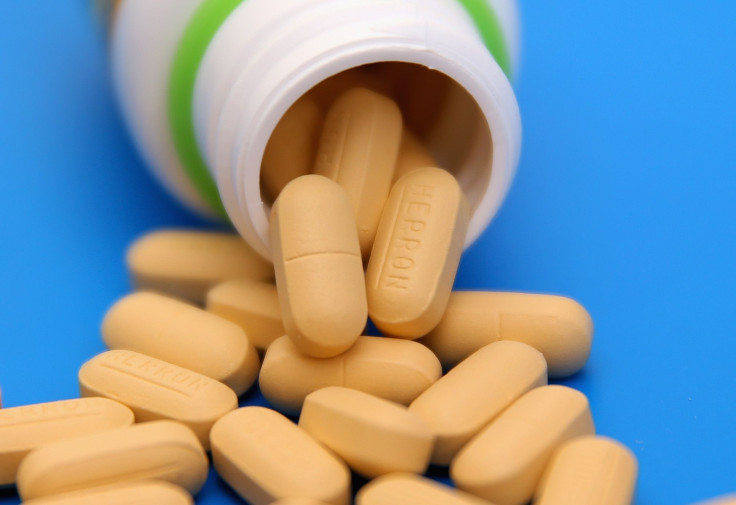How To Boost Your Baby's IQ? DHA Supplements During Pregnancy Not Beneficial, Study Finds
If all the would-be mothers are thinking of taking DHA supplements hoping to boost their child's IQ, they should keep the thought aside. In latest findings from a study published in Tuesday's edition of the Journal of the American Medical Association (JAMA), researchers found that providing DHA to a baby while it is in the mother's womb does not increase their IQ levels as compared to the babies who do not get the supplement.
The study was originally conducted in 2010, 2011 and 2012 when researchers in Australia enlisted 2,399 pregnant women to participate in a clinical trial. The women were divided into two groups, one of which was given capsules that comprised of 800mg of DHA per day and the others were given a placebo that did not contain DHA but had vegetable oil in it.
The results of the follow up IQ test — the Wechsler Abbreviated Scale of Intelligence, Second Edition, was conducted to assess the benefits of DHA supplements on IQ levels of 7 year olds. This test was conducted on 284 children whose mothers took the placebo during pregnancy and 259 children whose mothers received the DHA capsules during pregnancy. The results published Tuesday found that children, whose mothers consumed DHA capsules during pregnancy did not score higher on the IQ test as compared to the children whose mothers did not.

The children in the DHA group scored an average of 98.31, compared with an average score of 97.32 for the children in the placebo group, according to the JAMA report. These scores were not nearly close to the mark of having high IQ levels because the minimum score to qualify as "gifted" is usually 130.
This was not the first time that the researchers, led by a team at the South Australian Health and Medical Research Institute assessed the benefits of DHA on children's IQ. When the children were 18-months-old the researchers assessed their "cognitive, language and motor development" and discovered that there were no differences among the two groups, according to the JAMA report. Even when the children were 4-years-old researchers found no sign of benefits in the DHA group while assessing "general intelligence, executive functioning or language."
The researchers concluded in the latest findings: "This randomized clinical trial provides strong evidence for the lack of benefit of pre-natal DHA supplementation on IQ at seven years and cognition at 18 months and four years, despite higher numbers of pre-term children in the control group. Direct assessments consistently demonstrated no significant differences in language, academic abilities, or executive functioning. The sale of prenatal supplements with DHA continues to increase, despite little evidence of benefit to offspring neurodevelopment."
© Copyright IBTimes 2024. All rights reserved.






















